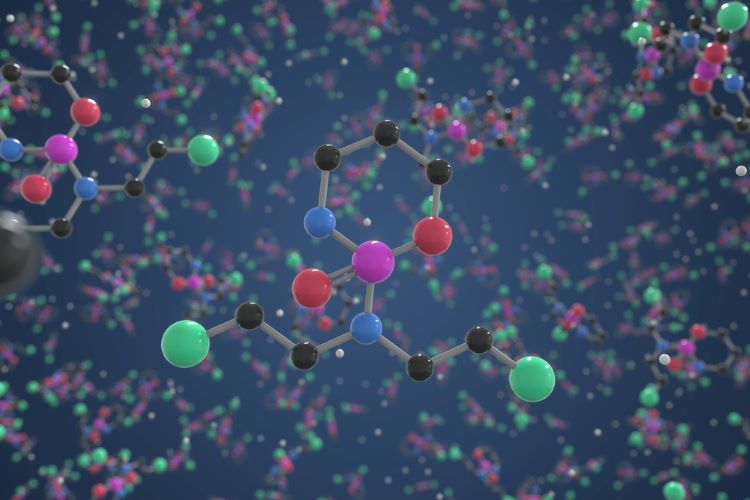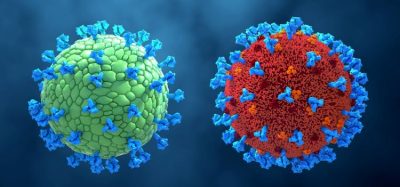Improving stem cell transplantation success in high-risk blood cancers
Posted: 27 May 2024 | Catherine Eckford (European Pharmaceutical Review) | No comments yet
The new medicine is expected to enable over 99 percent of people from a wide range of racial/ethnic groups to find a donor, research says.


Repurposing cyclophosphamide may enable more patients with high-risk blood cancers to receive transplanted stem cells from unrelated, partially matched donors, new research suggests.
These new findings, which are part of an ongoing Phase II study, will be presented at the 2024 American Society of Clinical Oncology (ASCO) meeting and the European Hematology Association (Abstract #6503).
The study is assessing patients treated with cyclophosphamide and peripheral blood stem cell (PBSC) transplantation.
Expanding the donor pool
Finding a matched donor has been a major obstacle for patients with blood cancers requiring bone marrow or blood stem cell transplants, the researchers noted.
They explained that cyclophosphamide “counteracts” graft vs. host disease (GVHD), a serious side effect of transplantation.
administering cyclophosphamide several days after transplantation leads to high rates of success in patients receiving blood stem cells from unrelated, partially matched donors”
The clinical trial has found that administering cyclophosphamide several days after transplantation leads to “high rates of success in patients receiving blood stem cells from unrelated, partially matched donors”.
An overall high survival rate of 79 percent was observed at one-year post-treatment. “The outcomes seem to be very comparable to those of a fully matched donor,” remarked Dr Antonio Jimenez Jimenez, a lead investigator in the studies.
At this time, 51 percent of patients were free of GVHD and had not relapsed, Jimenez Jimenez added.
The data are “impressive,” he shared, “particularly since the study enrolled high-risk patients and the average age [of participants] was 65”.
Overall, patients “no longer need a perfect match”, the researchers surmised.
Further details about the cyclophosphamide treatment study
There were 70 adults with advanced blood cancers in the initial phase of the study investigating the cyclophosphamide treatment. These individuals received a “reduced-intensity” conditioning regimen to prepare for transplantation. Then stem cells were given from unrelated, partially matched donors.
The ongoing study is enrolling approximately 300 patients. In a second arm of the study, participants receive a stronger regimen, “designed to ablate the bone marrow” prior to transplantation. Paediatric patients are enrolled in the third arm of the study, according to the researchers.
Related topics
Anti-Cancer Therapeutics, Clinical Development, Clinical Trials, Data Analysis, Drug Safety, Industry Insight, Stem Cells, Therapeutics









